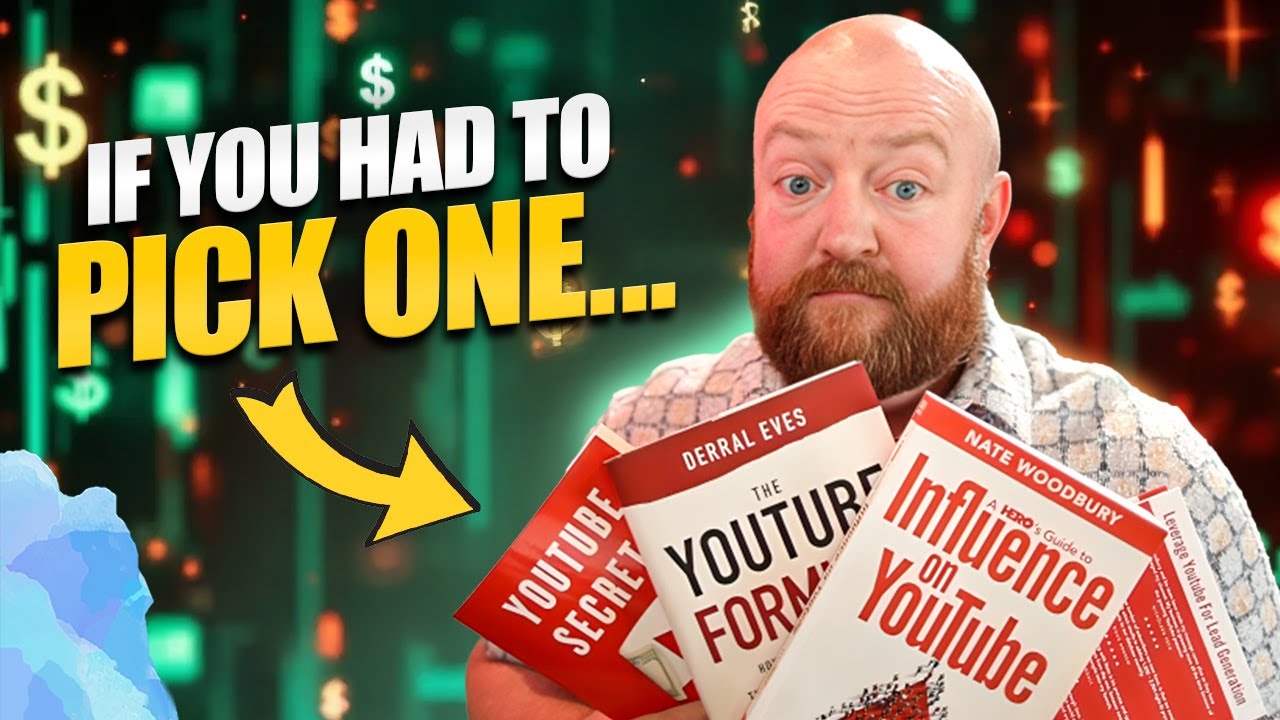When it comes to YouTube keyword research, there are countless strategies out there. Some strategies claim to work wonders, but when you dig deeper and look at the results, it’s clear that they don’t deliver. Even some so-called SEO experts in the website space try to apply the same tactics to YouTube, but their videos don’t get the traction they expect.
Let me share a different perspective—one that actually works. Take a look at these results:
- Search for “what is the role of a superintendent in construction,” and you’ll find Jason Schroeder at the top.
- Type in “how to start a retreat business” and see Michelle Villalobos dominate the top positions.
- Search “how to change the tone of your singing voice,” and you’ll find Jason Hewlett leading the way.
The truth is, proper YouTube keyword research is a game-changer. Now, let’s dive into how you can do it the right way.
The Problem with Popular Tools
There are plenty of tools out there designed for YouTube SEO, but here’s the issue—they don’t always work. Let me show you an example. I searched “how to discipline a child that lies and steals” on YouTube. The top-ranking video is by Nicolene Peck. When I check the vidIQ plugin, it gives my video a low score, saying competition is high. Yet, I’m ranking at the top.
The tool suggests that my score is low, which means it’s missing the bigger picture. It doesn’t matter what the score says; it matters that the right keywords are being used in the right way. I’m ranking at the top despite the tool’s evaluation.
Similarly, TubeBuddy gives me a 50% score, but it doesn’t reflect the true quality of my content or how well it’s targeting my audience. The typical advice from these tools is to focus on short keywords—two or three words. But that’s not how your audience searches.
Why Long-Tail Keywords Matter
Your audience—those people you want to reach—are typing in much longer search queries. They’re often asking questions that are 7, 8, or even 9 words long. The problem with traditional tools is they don’t prioritize these longer, more specific phrases.
Here’s a better approach: I use a tool called the Keyword Magic Tool to find the long-tail keywords that truly matter. For example, when I searched for “discipline teenager,” the results were loaded with specific phrases that real people are actually typing into Google and YouTube. This tool helps you find the kinds of questions your audience is asking, and that’s where the magic happens.
Dominating the Search Results
By doing this research, I’m able to see exactly where my content ranks. Take the video I mentioned earlier from Nicolene Peck. When I checked her rankings, she was dominating most of the long-tail keywords I’d searched for. Out of 29 possible questions, 21 of them showed a ranking for her content. That’s what I call “dominating the branch.”
The key here is finding the questions that people are asking and creating content that answers those questions. When you target long-tail keywords that are specific and reflect your audience’s needs, you position yourself as the go-to authority in your field.
How This Translates Into Business
Imagine the impact this could have on your business. If you rank at the top of Google and YouTube for your niche, you’ll start attracting leads who never knew you existed. They’ll find your videos, learn from your expertise, and eventually convert into loyal clients.
To make this work, you need to understand the strategy behind YouTube SEO—specifically, my Leaf Strategy. I’ve crafted this method to help you rank your videos and generate organic leads, and I want you to master it.
In the next episode, I’ll dive deep into the Leaf Strategy, and I’ll link to it here so you can take your YouTube SEO to the next level.




